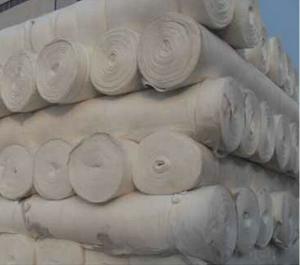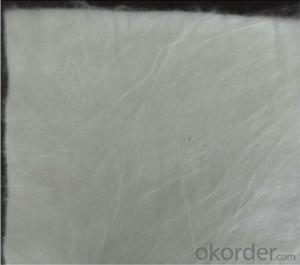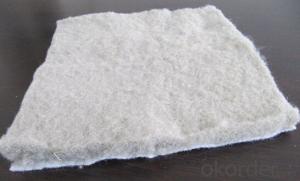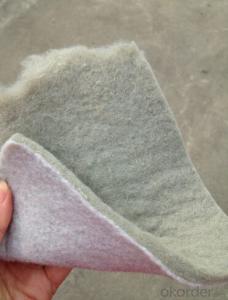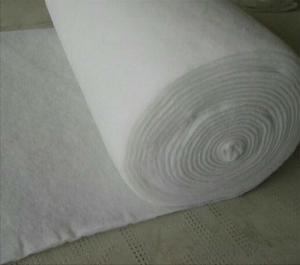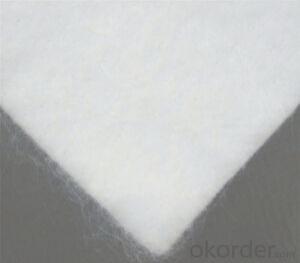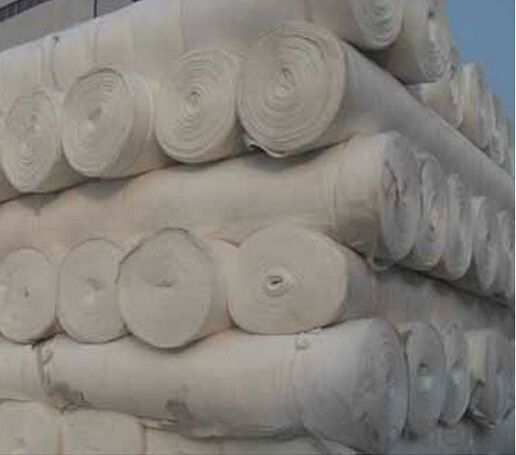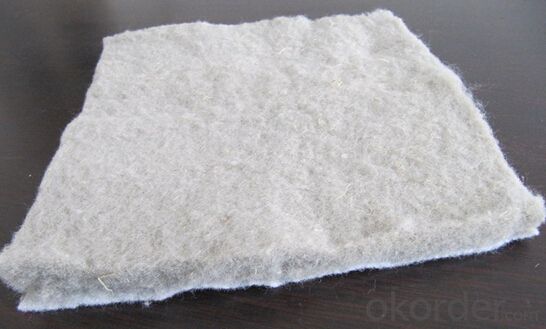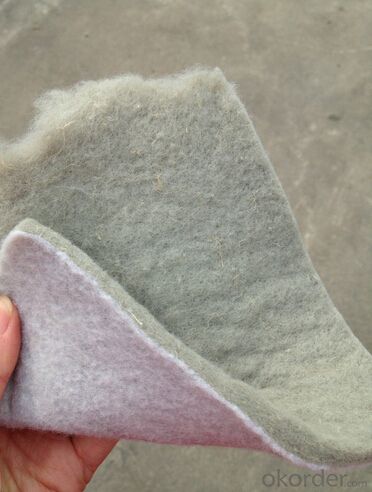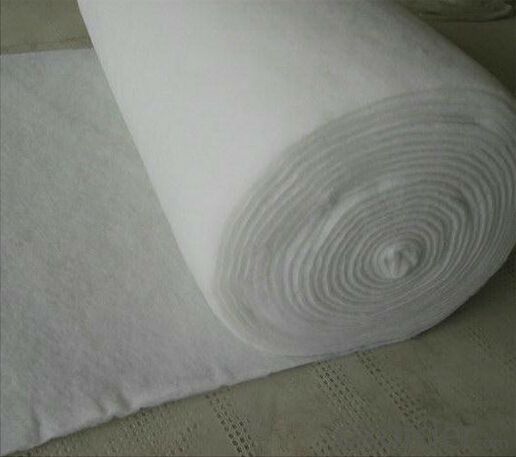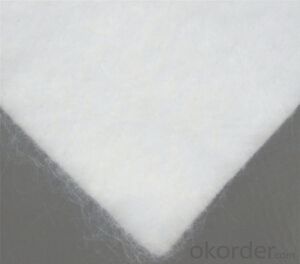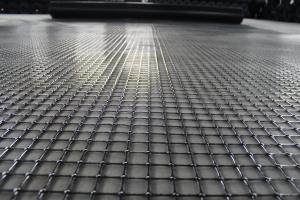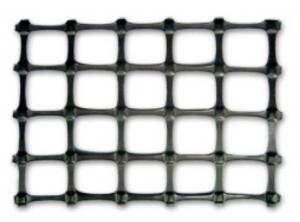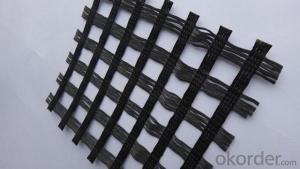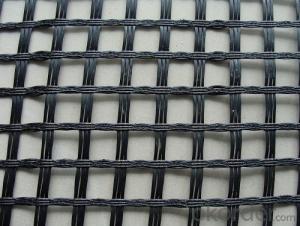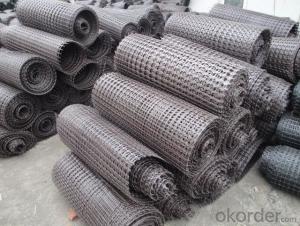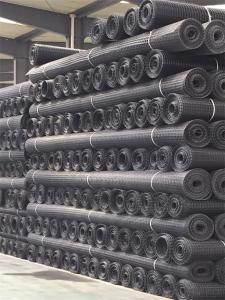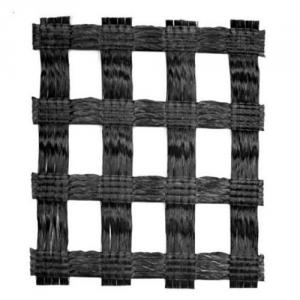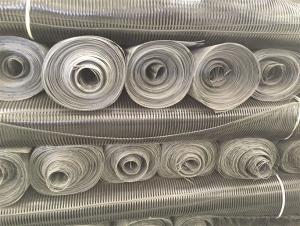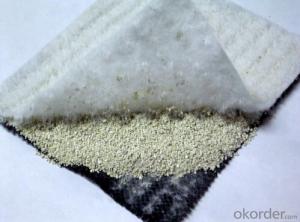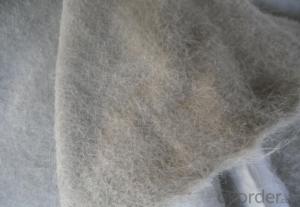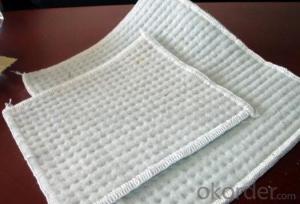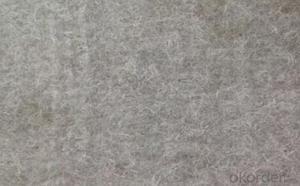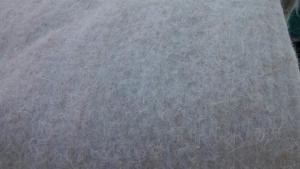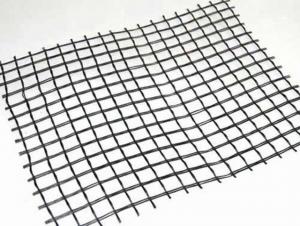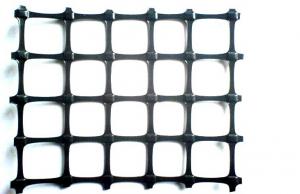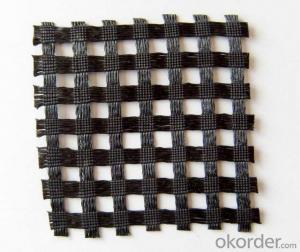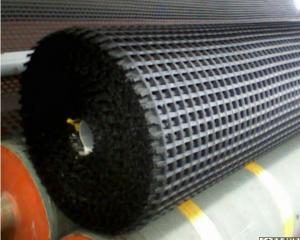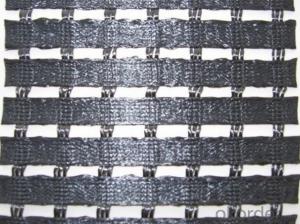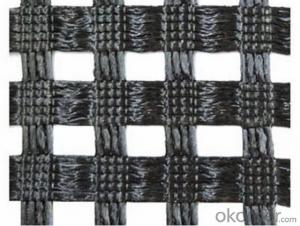High-Density Polyethylene Geogrids Geotextile Mat Nutrition Geotextile with Grass
- Loading Port:
- Qingdao
- Payment Terms:
- TT OR LC
- Min Order Qty:
- 5000 m²
- Supply Capability:
- 2000000 m²/month
OKorder Service Pledge
OKorder Financial Service
You Might Also Like
Nutrition geotextile in water environmental engineering .
Specification:
Geotextile mat,nutrition geotextile,geotextile with grass
Product Feature:
1. Simple and fast construction
2. Achieve the greening effect quickly after construction
3. Due to the grass and composite fiber fabrics become into one integration, so it has the ability of certain degree of flow resistance for the water rising before the grass survive.
4. Composite fiber fabric is a continuous structure from slope top to slope toe, both ends are fixed, has high water flow resistance.
Technical Specification
5.0 m length and 1.05 m width. Reverse side all used filter material. Grass seeds: Bermuda grass (warm season grass), Bahia grass (warm season grass), Kentucky bluegrass (cold season grass), Tall fescue grass (cold season grass), Red fescue grass (cold season grass). Plant height: 0.1 ~ 0.5 m.
| NO. | Items | Specification | Notes | |||
| 1 | Total unit area weight g/sq.m | ≥380 | ||||
| 2 | dimension | width m | 1.0~2.0 | |||
| length m | as per user’s request | |||||
| 3 | Composite fiber fabrics | Material | Polyester Fiber | High strength PET | ||
| Unit area weight g/sq.m | ≥160 | |||||
| Mesh dimension mm | 8×8 | |||||
| Extension strengh kn/m | ≥11 | MD & CD | ||||
| 4 | Filtra layer | Material | Polyester non woven geotextile | |||
| Unit area weight g/sq.m | ≥40 | |||||
| 5 | Grass seeds, Fertilizer | Type | According to actual situation choose 3~5 grass seeds | |||
| Plant height m | 0.1~0.3 | |||||
| 6 | Fiber layer | Material | wood pulp cellulose | |||
| Unit areaweight g/sq.m | ≥15 | |||||
| 7 | flow resistance | ≥4 | not allow appear scour, suction and blanket turn-over etc. damage phenomenon | |||
| M/s | ||||||
| 8 | Anti-UV strengh conservation rate % | 65~80 | 3000hrs Continuously exposure 3000hrs | |||
| 9 | Supporting spare parts | ABS fastening nail | Material | ABS Resin | Fixed between two blankets by length direction | |
| Fiber diameter mm | 35 | |||||
| Nail length mm | 325 | |||||
| Lnail | Material | Steel wire (content 10% zinc-aluminium alloy) | Used to fix single blanket | |||
| Fiber diameter mm | 4 | |||||
| Nail length mm | 200 | |||||
| ABS connecting nail | Material | ABS Resin | Used in the slope between the two blankets ( width direction) | |||
| Nail length mm | 38 | |||||
| Connecting fiber | Material | High strength Polypropylene | Used in the slope between the two blankets ( width direction) | |||
| Length mm | Cut as per request | |||||
APPLICATION:
Generally laid on the river channel, slope protection etc. slope revetment projects, to control the water erosion, soil loss, meantime can reach the effect of slope ecological restoration and landscape greening, making river back to natural.
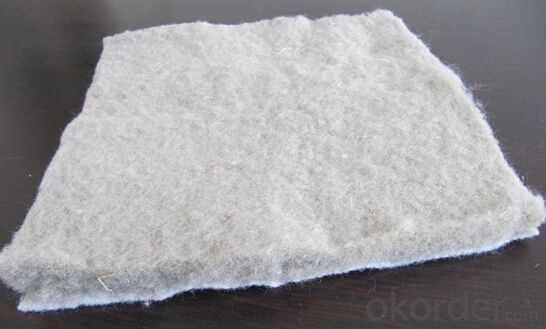
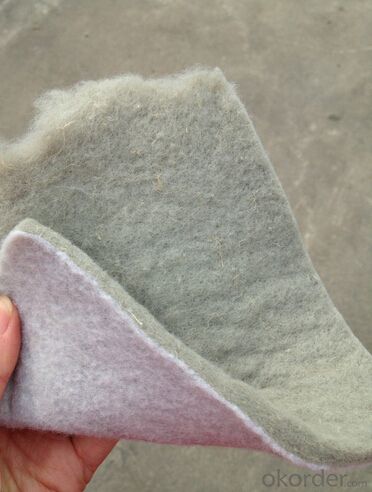
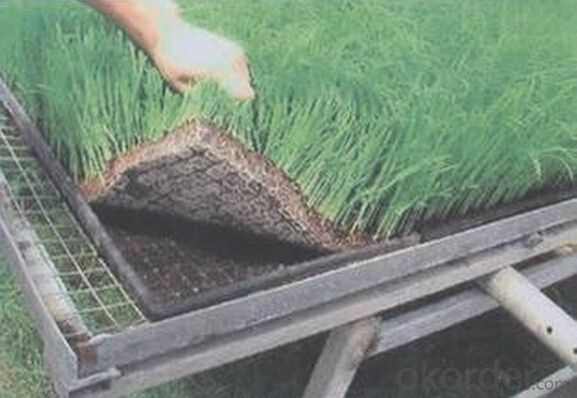
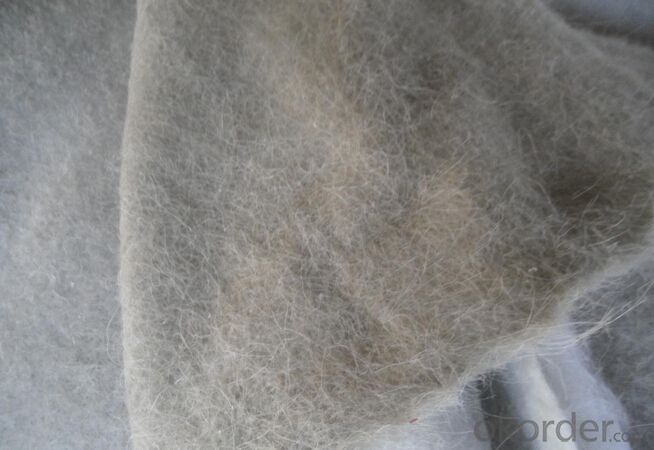
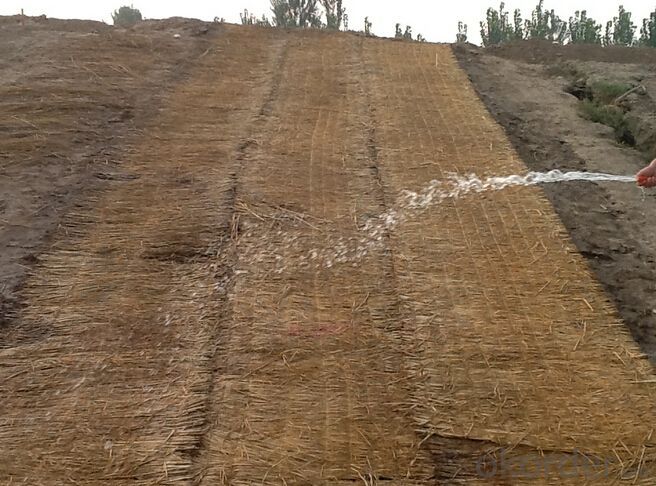
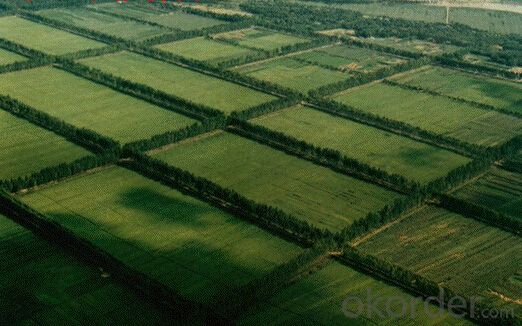
- Q: What is the difference between bidirectional geogrid and unidirectional high strength geogrid
- The biaxial stretching grid is a mesh material with square holes on the basis of a one-way grid, and the raw material is polypropylene. This structure provides a more perfect chain system in the soil, which is used in the foundation of large area permanent bearing.
- Q: Can geogrids be used in shoreline protection?
- Yes, geogrids can be used in shoreline protection. Geogrids are commonly used to stabilize and reinforce soil, including in coastal areas. They can provide erosion control, improve soil stability, and enhance the overall resilience of shorelines against waves and tidal forces.
- Q: How do geogrids improve the performance of retaining walls in earthquake-prone areas?
- Geogrids enhance the performance of retaining walls in earthquake-prone areas by providing additional reinforcement and stability. They work by interlocking with the soil or fill material, increasing its strength and preventing lateral movement. This reinforcement helps to distribute the forces generated during an earthquake, reducing the risk of wall failure and enhancing overall structural integrity.
- Q: Technical specifications of glass fiber grating
- (kN/m) by 30506580506580 to 30506580506580 weft elongation (%) = 3 = 3 = 3 = 3 = 3 = 3 = 3 mesh size (mm*mm) 25.4 x 25.4 x 25.4 x 25.4 x 25.4 25.4 25.4 25.4 12.7 12.7 12.7 x 12.7 x 12.7 x 12.7 elastic modulus (Gpa) 67676767676767
- Q: Are geogrids resistant to temperature variations?
- Yes, geogrids are generally resistant to temperature variations. They are designed to withstand a wide range of temperatures, from extreme cold to intense heat, without significant degradation or loss of performance. This makes them suitable for various applications in different climate conditions.
- Q: How are geogrids installed in the field?
- Geogrids are typically installed in the field by first preparing the soil surface and removing any debris or vegetation. The geogrid is then rolled out and placed on top of the prepared soil. It is important to ensure that the geogrid is properly aligned and overlapping if multiple rolls are being used. The edges of the geogrid are then securely anchored using stakes or pins to prevent movement during installation. Finally, the soil is backfilled and compacted over the geogrid to provide additional support and load distribution.
- Q: How to choose 15kn bidirectional geogrid geogrid
- First of all, in the choice of geogrid types, according to the construction project categories selected, according to the environmental impact of the project in which the same project many times in different environments with different types of grid.
- Q: What is the elongation of fiberglass geogrid?
- The elongation of glass fiber geogrid is less than or equal to 4%
- Q: What are the advantages of using geogrids in ground improvement for liquefaction mitigation?
- Geogrids offer several advantages in ground improvement for liquefaction mitigation. Firstly, they provide enhanced soil reinforcement, increasing the soil's resistance to liquefaction-induced ground movement. Geogrids also improve the overall stability of the ground by distributing loads more evenly, reducing the risk of differential settlement. Additionally, geogrids can help to increase the bearing capacity of the soil, allowing it to support heavier structures. Moreover, they provide long-term durability and resistance to environmental factors, ensuring their effectiveness over time. Overall, geogrids are a cost-effective and efficient solution for mitigating liquefaction hazards and improving the performance of the ground.
- Q: What are the factors that affect the long-term performance of geogrids?
- The factors that affect the long-term performance of geogrids include the material properties of the geogrid itself, such as strength, durability, and resistance to environmental factors such as UV radiation and chemical degradation. Other factors include the design and installation of the geogrid, including proper tensioning, anchoring, and connection to adjacent materials. Additionally, the long-term performance can be influenced by the characteristics of the soil or aggregate that the geogrid is interacting with, such as its stiffness, compaction, and potential for settlement or erosion. Regular inspection, maintenance, and proper monitoring of the geogrid's performance are also crucial for its long-term effectiveness.
Send your message to us
High-Density Polyethylene Geogrids Geotextile Mat Nutrition Geotextile with Grass
- Loading Port:
- Qingdao
- Payment Terms:
- TT OR LC
- Min Order Qty:
- 5000 m²
- Supply Capability:
- 2000000 m²/month
OKorder Service Pledge
OKorder Financial Service
Similar products
Hot products
Hot Searches
Related keywords
